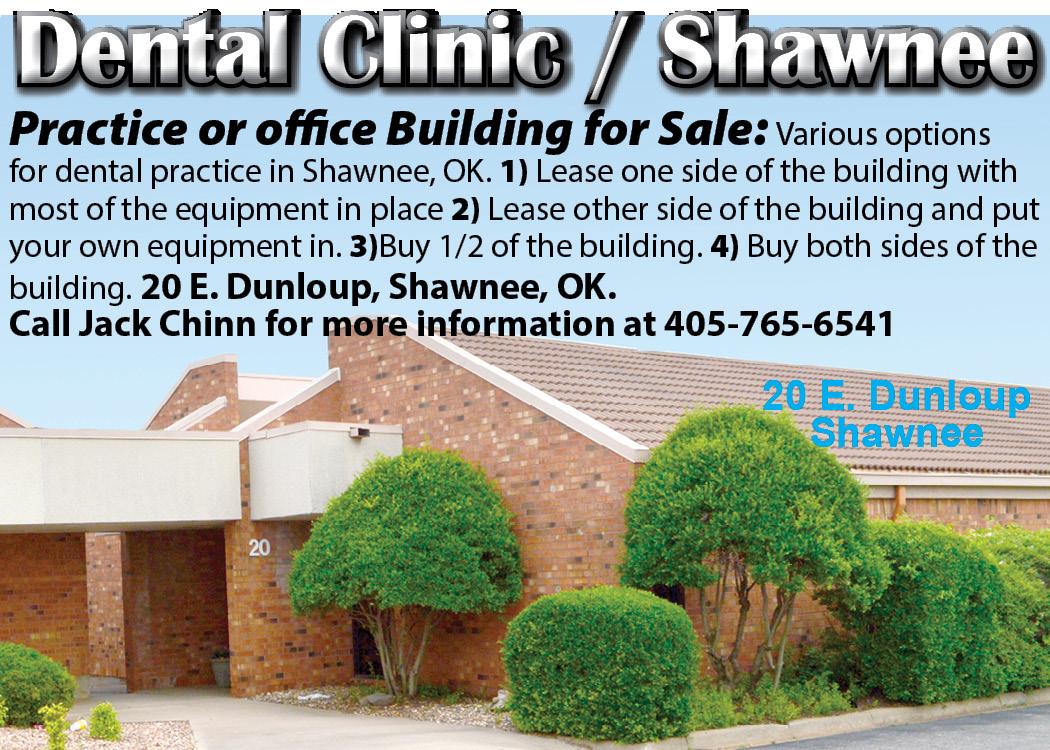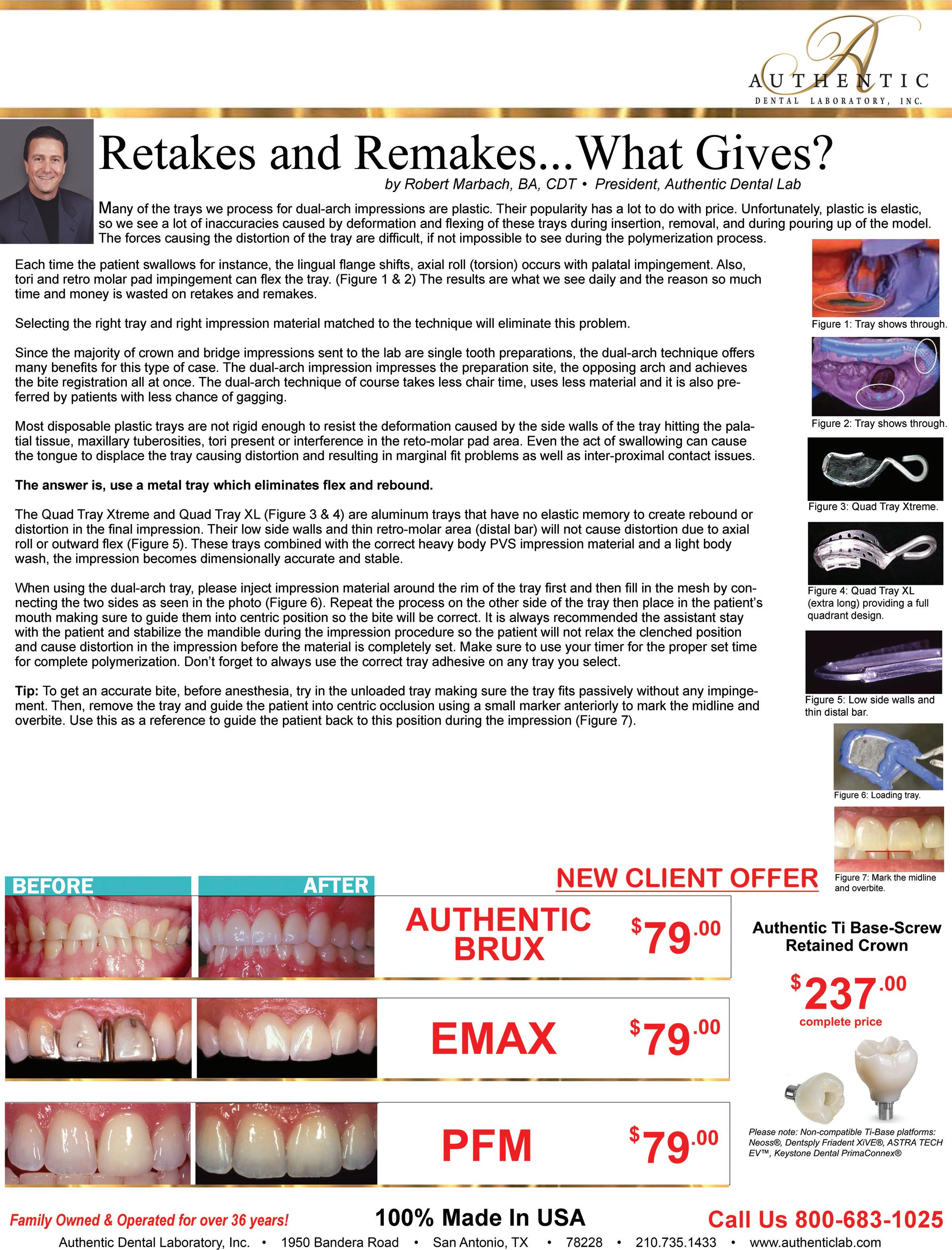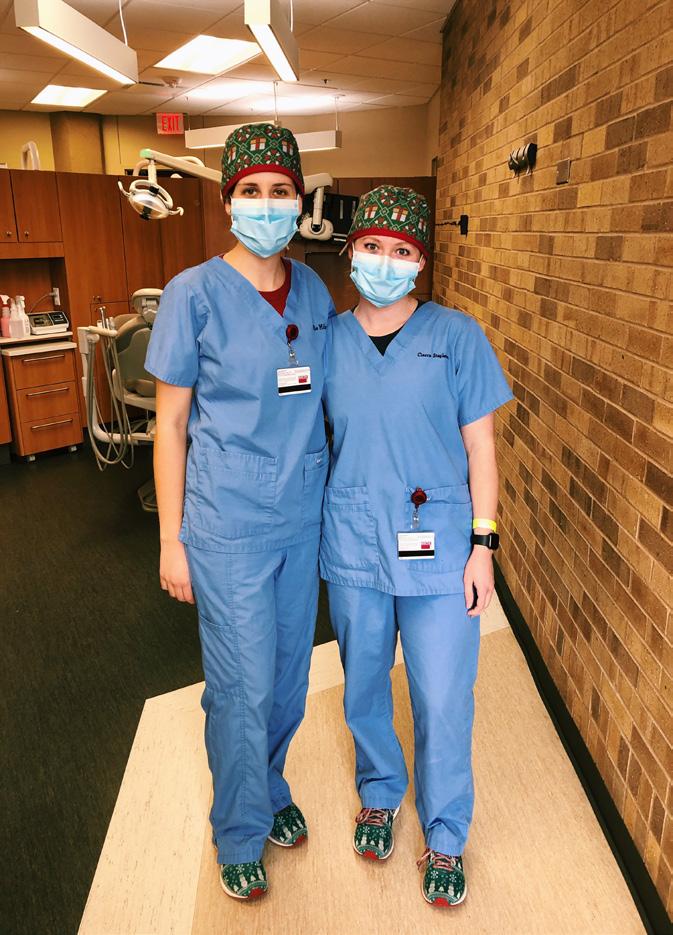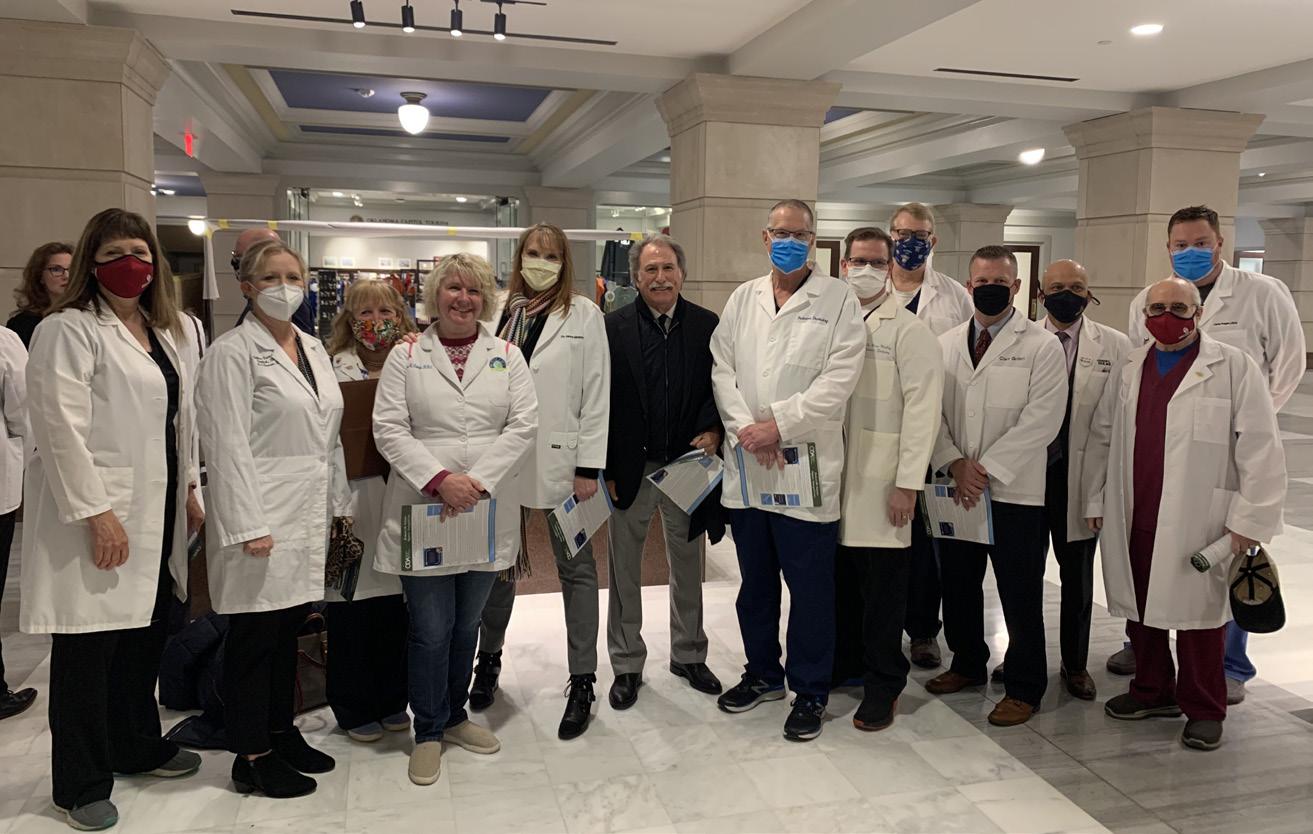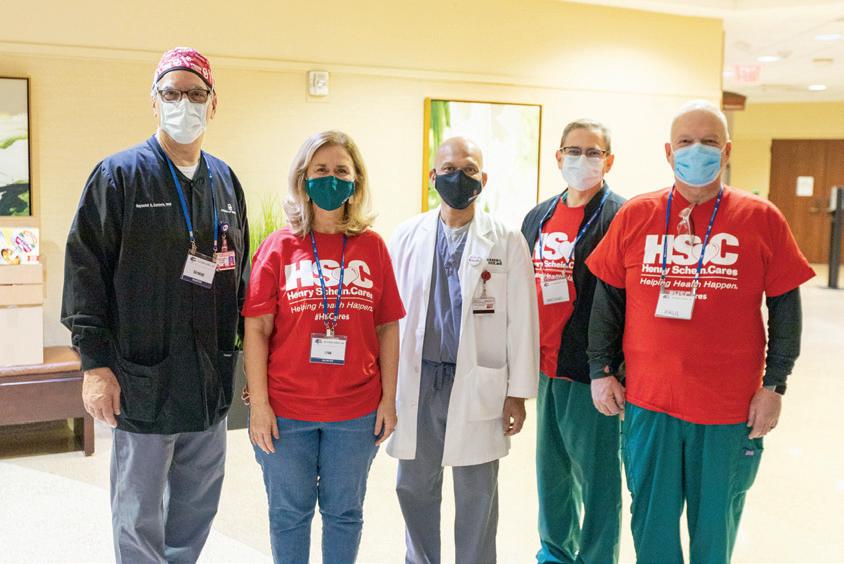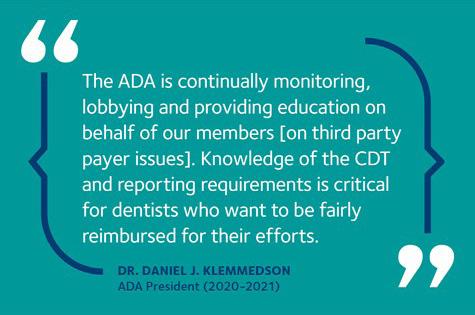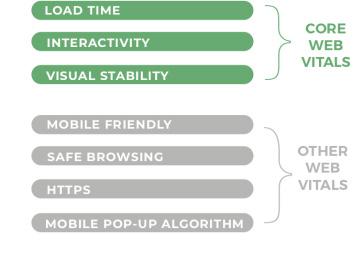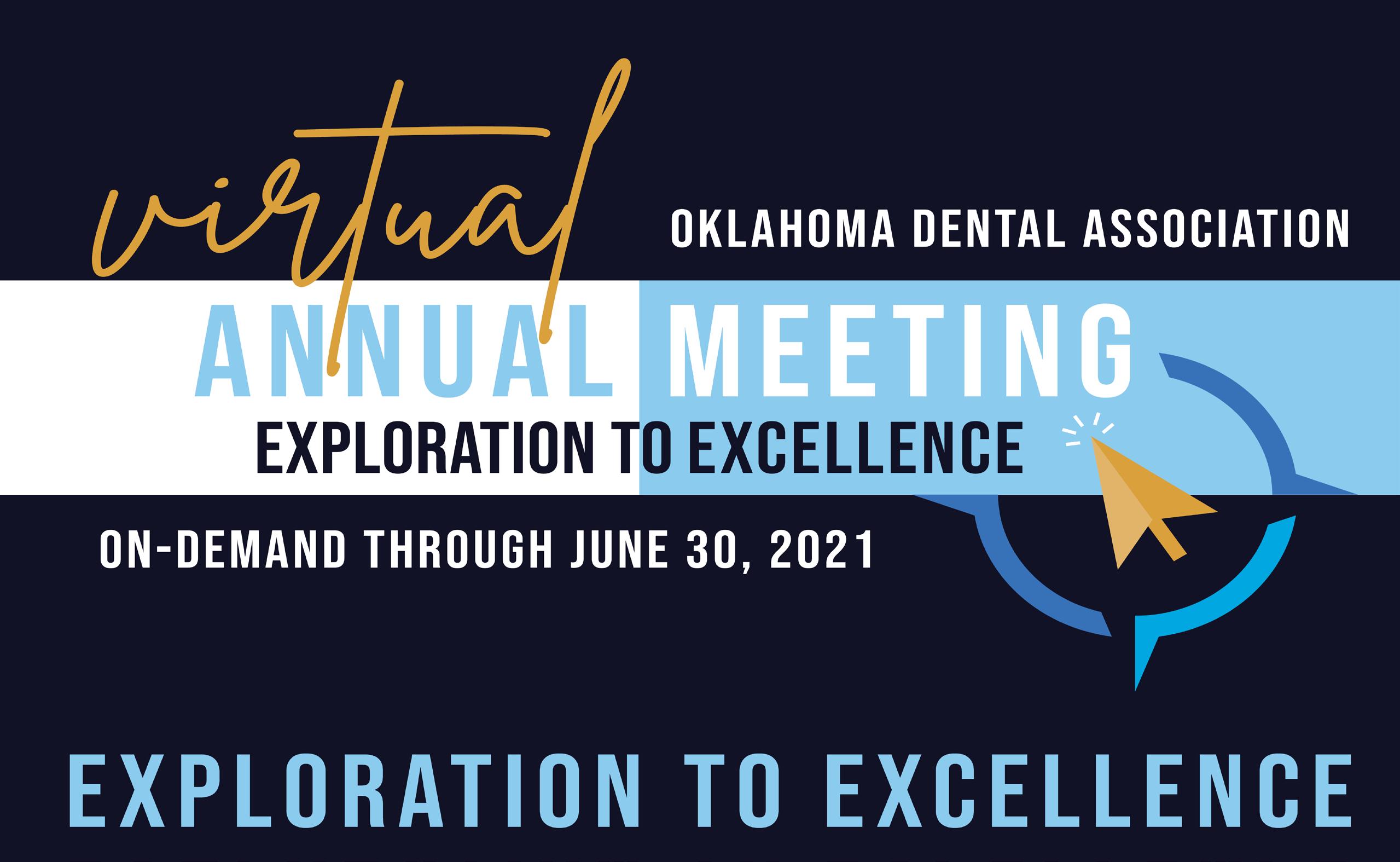and associated structures and their impact on the human body; provided by a dentist, within the scope of his/ her education, training and experience, in accordance with the ethics of the profession and applicable law.”
and teachings into effect. If you are consistently and continuously moving toward improvement in each of the areas covered you will see remarkable and exponential growth. The overall goal of this series has been simple: Collect What You Produce.
Office Managers. She was a finalist for the Stevie Award for outstanding entrepreneurial women. She is a member of the American Association of Female Executives, National Speaker’s Association, Academy of Dental Management Consultants, National Society of Leaders and Success and Chi Omega Women’s Fraternity.
With that definition in mind, are you providing the procedures and treatments for your patients that are in their best interests? Could you expand your education and areas of expertise to provide further services to your patients either personally yourself or by bringing in specialists or associates who have experience, expertise and interest in expanded areas? Are you using your facility fully and completely? Could it be opened more days or times? Be creative. Your answers (and what you do to address them) are integral to your continual improvement.
About the Author: Cathy Jameson, PhD, is the founder
Jameson has lectured in all US states and in 31 countries. She has had over 1,500 articles published throughout the US and the world. She is the author of eight books, including the 3rd Edition of her bestseller, Collect What You Produce and Creating a Healthy Work Environment. These can be purchased from Amazon.
SUMMARY I hope you will refer often to the ten articles in this series, and put the recommendations
of Jameson Management, Inc., an international management, hygiene, and marketing firm which offers proven management and marketing systems for helping organizations improve in a positive, forward-thinking culture.
Jameson holds a doctorate in management from Walden University where she focused her research on transformational leadership. She has been inducted into the College of Education Hall of Fame and is a Distinguished Alumna of Oklahoma State University. She serves on the Board of Governors there.
For more information on Dr. Jameson’s lecture or personal consulting services, contact her at Cathy@jamesonmanagement.com. For more information on the consulting services of The Jameson Management Group, contact www.info@jamesonmanagement.com or www. jamesonmanagement.com
Jameson has been named one of the top 25 Women in Dentistry and has received Lifetime Achievement Awards from the Excellence in Dentistry Organization and from the Academy of Dental
PREPARING FOR A CRISIS EVENT IN THE DENTAL OFFICE Dr. Lou Rafetto, AAOMS | lkrafetto@gmail.com
Patients presenting to today’s dental offices are typically older, arguably less healthy and definitely taking more medications than ever. These circumstances conspire to make it more likely than ever before for an office-based crisis event to occur. Fortunately, there are several things every office can do to prevent, recognize and/or respond to such events. 1. Prevention: Every patient should have an updated medical history with an emphasis on recent changes in medications and medical status. A “time out” among staff members should be conducted before beginning treatment to include a review of the planned procedure as well as relevant medical information including allergies. It is important that offices regularly check on the status of emergency medications and equipment. Finally, all personnel should have current certification in Basic Life Support (BLS). 2. Recognition: Offices should have concise reference materials onsite that are reviewed as a team on a regular basis. These protocols should be used as quick, real-time references in the event of a crisis. They should include the signs and symptoms of various potential crisis events. The role and responsibility of every staff member should be pre-determined and understood so that they can act as part of a productive team. 3. Response: Given that crisis events are infrequent, there are few opportunities to habituate an effective response. The high stakes of crisis events make this even more challenging. Therefore, 40 journal | May/June 2021
for your team to perform effectively, you must design and create opportunities for them to acquire and demonstrate the knowledge and skills necessary to successfully deal with a crisis. Towards this effort, Crisis Resource Management (CRM) mock drills should be conducted on a regular basis to prepare every team member to execute their roles. These drills should provide appropriate challenges, be graduated in difficulty, and be followed by immediate and constructive debriefing. They should be repeated as often as necessary to reinforce productive actions. It is important that CRM drills be as realistic and meaningful as possible, emulating the kind of challenges seen in a true emergency. They should involve scenarios with the types of patients the office typically treats and be conducted in various areas of the office; crises can and do occur in waiting rooms and bathrooms as well as in treatment areas. ABOUT THE AUTHOR: Dr. Rafetto is an ADA member and a member of the ADA’s Establishing a Culture of Safety in Dentistry Workgroup. He is an oral surgeon (DMD) and was President of the American Association of Oral and Maxillofacial Surgeons (2015- 2016).

